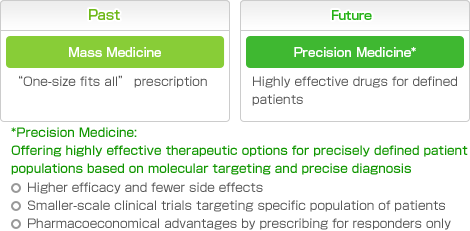Being diagnosed with cancer is likely one of the most frightening things that can happen in life. Not only can the disease be fatal, the treatment itself is very debilitating.
For many, medical marijuana is a treatment that can combat the nausea and vomiting associated with chemotherapy. It also can help spark an appetite that would normally be diminished by cancer treatment-related anorexia. Studies have shown that marijuana helps slow the proliferation of cervical and lung cancer cells. Cannabidiol (CBD), one of the five major cannabinoids, hinders the growth of tumors for patients with leukemia and breast cancer and even reduces tobacco smokers’ desire for cigarettes.
These are just a few of the ways marijuana can help treat cancer. The full potential for marijuana as a cancer treatment hasn’t even yet been fully realized.
However, there have been recent breakthroughs in other medicines used to treat cancer. Scientist’s knowledge about the gene mutations that cause tumors is expanding, and new drugs that target these tumors are being created. This kind of treatment is known as precision medicine.

For example, there are 15 different variations of lung cancer. Just 10 years ago, scientists didn’t even know about these variations. With research, scientists have discovered these types by cracking the tumor’s DNA code.
With this knowledge, scientists can create medicines that pinpoint specific tumors and types of cancers, offering better treatment than standard chemotherapy, commonly used as a catchall treatment.
Companies like Roche Holding, Merck, and Pfizer are rushing to develop these new drugs that target various tumors. Three drugs that target certain types of lung cancers are on the market, and even more in clinical trials. Drug companies are also working on other drugs that target different kinds of cancer.
A recent study found that lung cancer patients who were treated with precision medicine lived an average of 1.4 years longer than those whose cancers weren’t identified. This is a big deal because for years doctors had trouble extending patient’s lives by just a few weeks.
Of course, precision medicine is not a cure, and patients will likely need to use a combination of drugs and chemotherapy. Some tumors don’t respond to the drugs, and can develop a resistance and come back.
Still, these new discoveries should bring hope to those struggling with cancer. Patients today who can use combinations of chemo, prescription drugs, and medical marijuana will likely enjoy a longer, better quality of life than did the cancer patients of ten years ago. Hopefully we can quickly discover better treatments and a cure before the next ten years are up.









